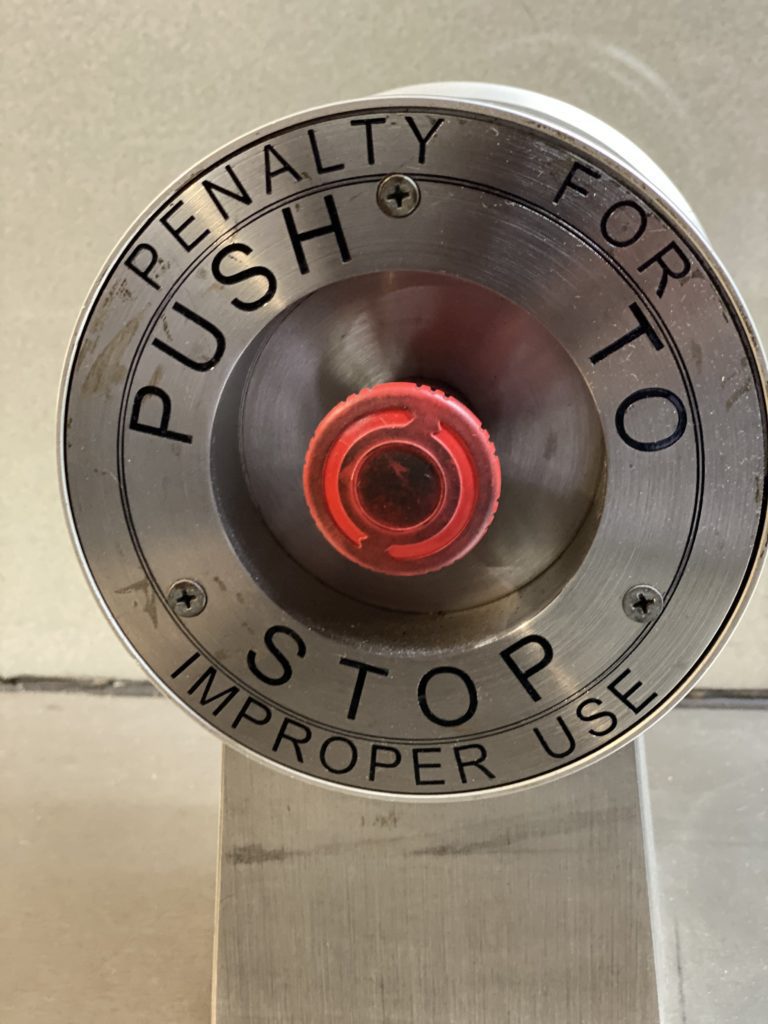
The High Court recently held that a defendant law firm should be penalised in costs for ignoring multiple requests to mediate. However, the Court did take into account other aspects of both parties’ conduct. This was rather a disappointing decision from a mediator’s perspective.
In the case of Richards & Anor v Speechly Bircham Llp & Anor (Consequential Matters) the court considered what costs orders to make following a professional negligence claim.
The claimants asked the Court to award costs on an indemnity basis meaning they would receive all of their legal costs for pursuing and winning the case.
The firm initially said a mediation would not be productive or cost-effective, then suggested there was no point engaging in mediation as the claim was ‘doomed to fail’.
The final refusal came with a reference to the potential expense of a mediation (£105,000) but did add an offer to discuss a Part 36 offer of £500,000 to settle.
The defendant firm argued that its approach to mediation was reasonable and that a refusal to mediate was only one aspect of a party’s conduct. It was pointed out that both parties had failed to beat their own Part 36 offers, with the claimants at one point offering to settle for £4.25m.
The judge held that the firm’s approach to mediation was ‘unreasonable’, saying there had been ‘general passivity on the ADR process’ over a period of almost three years.
However the Judge held that the failure to engage constructively with mediation did not justify an order for costs on an indemnity basis.
The judge said: ‘In circumstances where neither side made a cost-effective Part 36 offer, the defendants’ unreasonable conduct in relation to mediation is in my judgement sufficiently marked by an order that they pay the claimants’ costs down to and including trial on the standard basis.
‘That is an appropriate “sanction” for them not engaging in a process of ADR which might have curtailed those costs in a significantly lower sum at an earlier stage of the proceedings.’
The Claimant also relied upon the encouragement that Courts are meant to place on mediation: He
These submissions feel on largely deaf ears as the Court did not make an unusual order in relation to costs.
Interestingly the judge did not consider that refusal to mediate was akin to making a part 36 offer and did not think that a party could point to the outcome at trial to argue a party could have settled a mediation:
- “Although I have concluded that the Defendants’ failure to engage the Claimants’ proposals for a mediation was unreasonable, that is only one aspect of the conduct to be considered in the exercise of the discretion under CPR 44.2. Further, “the conduct of all the parties“, together with any measure of qualified success that a party may have achieved, is just one factor amongst all the circumstances that are to be considered alongside the general rule favouring the overall successful party when it comes to exercising it. A “failure” to engage in (or at) a mediation clearly does not carry the clearly defined costs consequences of an unaccepted but effective Part 36 offer; not least because of the difficulty of identifying with confidence, even in hindsight on what should be a summary determination rather than a further mini-trial, where any “blame” really lay within the pursuit and conduct of what is a privileged process. The uncertainty of outcome at any proposed mediation also means that the party who is suggesting unreasonableness on the part of the other cannot point to the result at trial and demonstrate that costs have been wasted through the mediation not having taken place.
- In my judgment, the Defendants’ failure in this case to engage constructively with the mediation proposals does not justify an order for costs against them on the indemnity basis. To make such an order would involve elevating that factor over others which weigh in their favour. Those others include them successfully resisting a significant part of a claim put at around £4.3m (see the Judgment at [90]-[91]) and doing significantly better than either of the Claimants’ Part 36 offers proposed (thereby avoiding the consequences of CPR 36.17(1)(b)). That is a very different outcome from the one in Garritt-Critchley.
This is unfortunate as it implies that a costs order or penalty will only be made where one party has been extremely unreasonable and there is no automatic sanction.
We have to say that mediation need not cost £100,000 but that estimate must include the solicitors’ costs as well as the mediator’s fee.
Essentially this case highlights the need to introduce more certainty in respect of the consequences of refusing to mediate and the fact that the case of Halsey needs revisiting.
